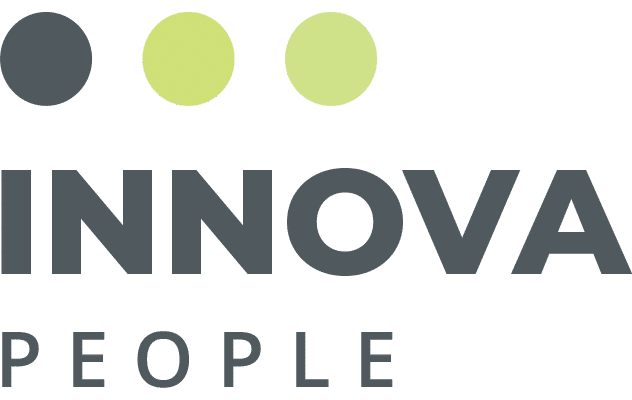Kaye/Bassman Managing Partner, Eric Dickerson, Featured in an American Medical News Article “Picking Your Best Option for Patient Interpretation Services”
FOR IMMEDIATE RELEASE:
Kaye/Bassman Managing Partner, Eric Dickerson, Featured in an American Medical News Article “Picking Your Best Option for Patient Interpretation Services”
Dallas, Texas
By Karen Caffarini, Contributing Writer Amednews.com
More than 55 million people over age 5 living in the United States speak a language other than English at home. Of that number, 9 million don’t speak English very well, and 4.5 million don’t speak any English at all, according to the U.S. Census Bureau.
Given these numbers, and the fact that immigration is no longer limited to urban areas and border states, chances are good that someone whose first language is not English will walk into your practice seeking medical care. Under Title VI of the Civil Rights Act of 1964, limited English proficiency patients have the right to a trained interpreter, and practices are supposed to comply. But, as with many other mandates, most insurance companies and the federal government don’t pay for these services, which can be expensive.
There are several interpretive options practices can use to accommodate such patients, some of which are free, and all have advantages and disadvantages. Among the options:
Dependence on relatives and friends
Because of the potential costs of outside services, many practices rely on patients’ family members and acquaintances to be interpreters between doctor and patient.
The advantages are that their services are free, and the patient often is more comfortable with the relative present. “The family member is usually in that role [of interpreter] anyway,” said Susan Childs, a health care consultant in Raleigh, N.C. Disadvantages include confidentiality issues, the fact that the relative probably doesn’t know medical terminology, and the possibility that the doctor’s words aren’t always relayed to the patient correctly.
“This is the simplest and easiest way to interpret, but it requires a level of trust that the physician needs to put in the family member,” said Eric Dickerson, a health care recruiter in Plano, Texas.
Richard F. Madden Jr., MD, a family physician in rural Belen, N.M., where 32% of the population older than 5 speaks a language other than English, said he’d rather not use family members as interpreters. He said he knows enough Spanish — the primary language spoken by his patients — to realize that some don’t interpret him correctly. Plus, there is the confidentiality issue. He said sometimes things you don’t expect come up during the visit that could embarrass the patient if a relative is present.
Bilingual physicians and staff
Dickerson said the ideal situation from an economic and confidentiality standpoint is for the physician to be bilingual, or for the practice to have a trained interpreter or bilingual staff member who does other duties as well. He said this works especially well in areas like Texas, where Spanish speakers are predominant.
Advantages include having no cost to the practice other than the person’s salary, although a salary bonus could be provided for having the extra skill. There is no worry about the doctor being misinterpreted. Also, no additional time or special scheduling are needed for the office visit, as is often the case when using interpretive services.
About Kaye/Bassman
Founded in 1981, Kaye/Bassman has grown to become the largest single-site executive search and recruitment firm in the United States with the simple mission of impacting companies and enhancing careers by providing the finest in professional, executive, technical and scientific search. Kaye/Bassman provides strategic recruiting and executive search solutions in over 20 industry practice areas including construction recruiting, healthcare recruiting, banking executive search, energy recruitment and many more. Next Level Recruiting Training, a recruiting training organization, Next Level Exchange, a recruiting training best practices information exchange, and Next Level Marketing Communications are also Kaye/Bassman companies.
For additional information or a sample copy, contact:
Darren McDougal
Kaye/Bassman International
(972) 931.5242
(972) 931.9683
communications@kbic.com
Source: http://amednews.com/article/20130805/business/130809996/5/



